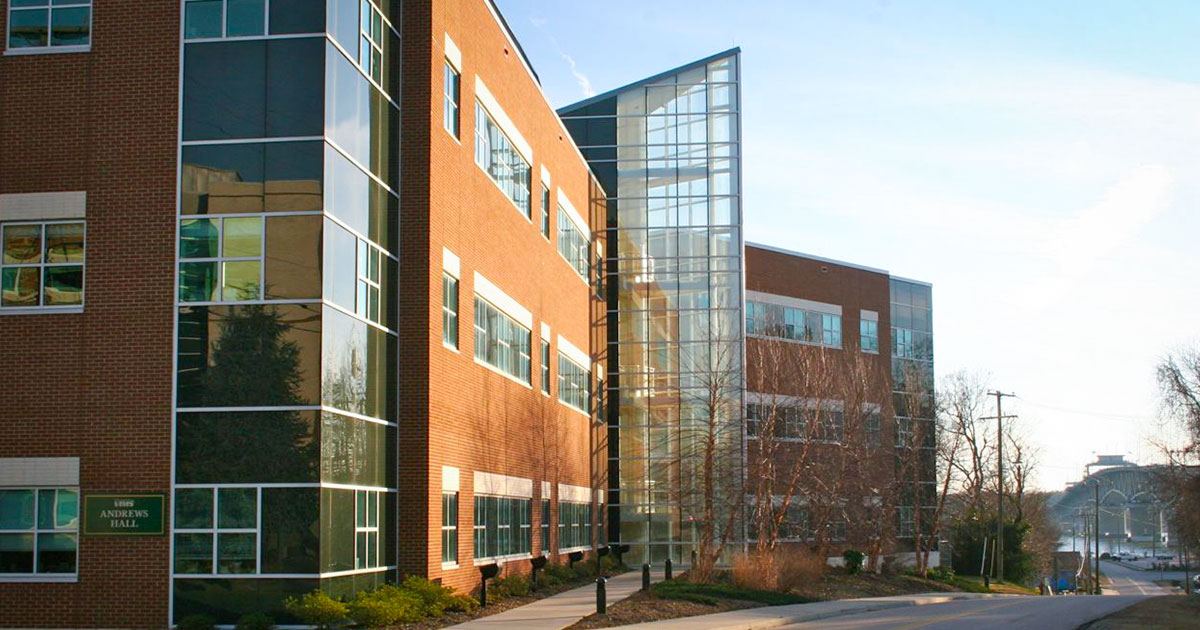Business Advisory Steering Committee
YRSCBR Water Quality IS Good Business
The York River and Small Coastal Basin Roundtable promotes place-based coordination and collaboration on watershed issues of mutual concern and interest. In doing so, it enhances the understanding, support, communication and adoption of best management practices that reduce nonpoint source pollution, ameliorate watershed habitat and improve water quality in local waters and the Chesapeake Bay, helping the Commonwealth achieve its water quality improvement goals.
Fostering holistic watershed resilience is one of the Roundtable’s four foundational Cornerstones. By improving the understanding and visibility of the full range of interconnected social, environmental and economic components of resilience and operate at their nexus, the Roundtable seeks to cultivate resilient watershed communities while enhancing quality of life.
YRSCBR’s Top 12 Best Business Practices for Watershed Resilience
The following best practices represent actionable items identified by the York River and Small Coastal Basin Roundtable as being mutually beneficial to both business and watershed resilience. The YRSCBR believes that adherence to these best practices helps enhance quality of life for all watershed stakeholders.COMMUNITY
- Action in the interest of transparency and awareness through, for example, the provision of open houses for community members.
- Community engagement through business representation and participation in civic forums and community outreach events.
- Provision of financial support for infrastructure and programming in the interest of the health and safety of community members and their environment.
- Promotion of environmental literacy through collateral, interpretive exhibits and/or programming.
- Participation in local school programming fostering awareness of environmental stewardship and its role in water quality/watershed health.
- Inclusion of watershed literacy in employee training.
- Support of professional development opportunities for staff in vein of environmental compliance and stewardship.
- Business/staff certification in vein of environmental compliance and stewardship.
- Participation as a presenter and/or representation as a model case study in professional development opportunities for watershed stakeholders.
- Environmental compliance, including but not limited to compliance in the following areas:
- Stormwater runoff
- Buffer zones
- Voluntary or inherent participation in actions that reduce the business footprint and/or enhance watershed habitat, including but not limited to:
- Voluntary:
- Installation of pervious pavements
- Recycling and/or composting
- Utilization of alternative energy
- Implementation and/or support of restoration efforts that enhance watershed habitat
- Implementation and/or support of aquaculture, silviculture and/or agricultural practices that minimize the environmental footprint
- Inherent:
- Water filtration through oyster aquaculture
- Carbon capture in silviculture
- Voluntary:
- Provision of a safe, healthy and equitable workplace for regional employees.

